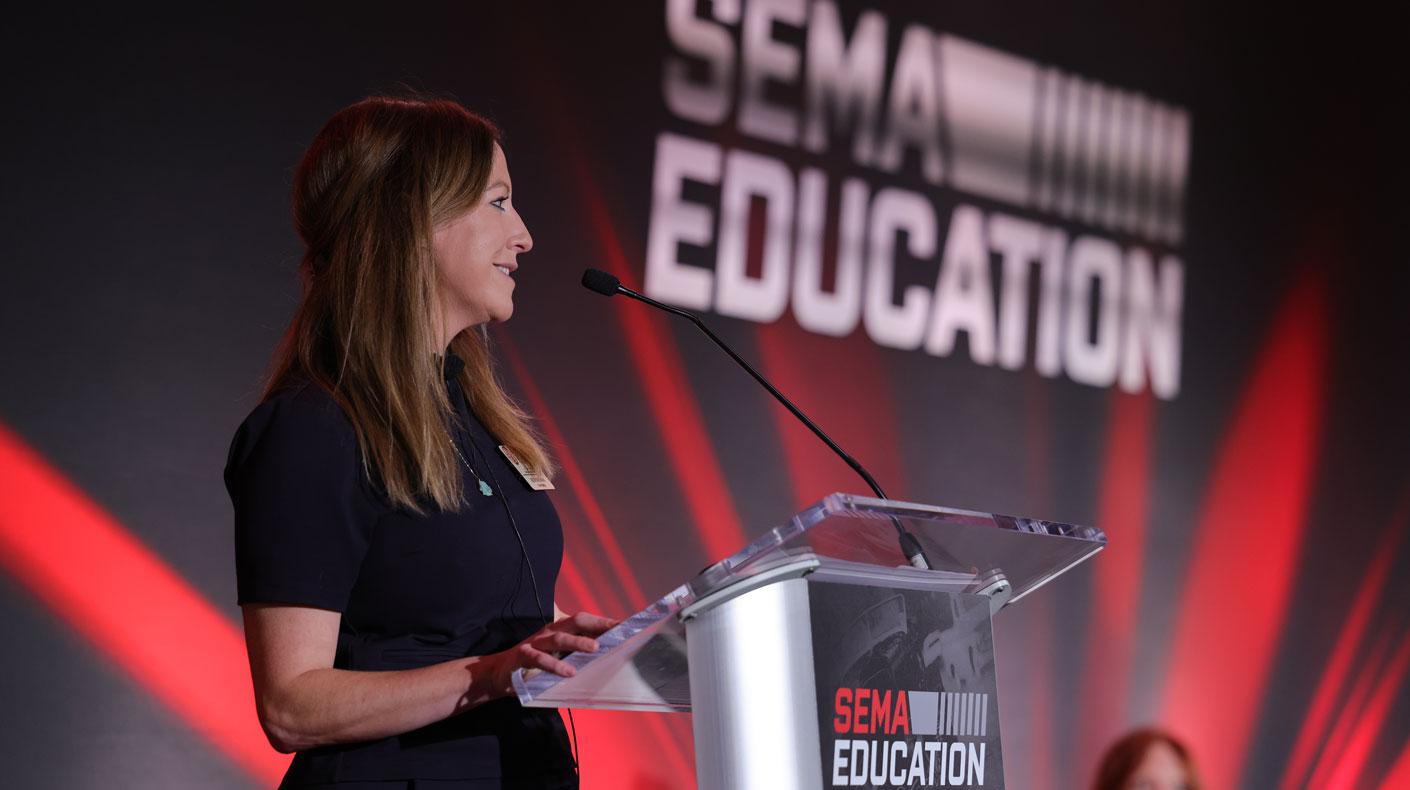The U.S. House of Representatives has approved legislation to overhaul the federal patent system. The Senate passed a slightly different version of the bill last March. The two bills must now be reconciled into a single measure. President Obama has indicated his support for the reform measures.
Under current U.S. law, patents are granted to individuals who can prove that they were the “first to invent.” Both the House and Senate bills would switch the United States to a “first-inventor-to-file” (FITF) system—a method used by most other nations. One major drawback to the current system is that it provides an incentive for individuals to claim credit for a patent and demand royalties and damage awards years after a product has been on the market. On the other hand, it has been considered advantageous to small businesses without the resources to get to the patent office first.
Both bills include changes intended to improve patent quality. They would allow third parties to submit prior art for consideration and inclusion in the patent application record after it has been published but before the patent examiner has made a decision on patentability. The legislation would also create a new “post-grant review” (PGR) procedure, allowing third parties to lodge objections on any grounds during the first nine months after a patent has been issued. The U.S. Patent and Trademark Office (PTO) would resolve these disputes, potentially reducing litigation costs associated with court challenges.
The bills would make a number of administrative changes as well. For example, it would make it easier for an assignee to file a patent application instead of the individual inventor. The PTO would be allowed to set patent fees. The Senate would let the agency keep the fees, while House lawmakers would allow Congress to control funding. The issue is consequential since lawmakers have spent nearly $1 billion in PTO user fees on other unrelated projects.
The legislation has been debated and refined over the past six years and represents the first significant change to the U.S. patent system since 1952. For more information, contact Stuart Gosswein at stuartg@sema.org.
Advocacy
Right-to-Race Update: Wisconsin Assembly Clears Path for Race Track Nuisance Protections
February 26, 2026 | Vol. 29, No. 09
View Article





